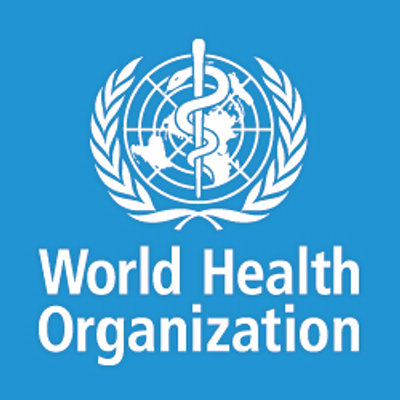The World Health Organisation (WHO), has described as serious, the yellow fever outbreaks in Angola and the Democratic Republic of Congo.
This is contained in a release by the Emergency Committee regarding yellow fever convened by WHO Director-General under the International Health Regulations (2005) on Thursday in Geneva.
The Committee said WHO Secretariat had earlier briefed it on the history and impact of the Yellow Fever Initiative, the urban outbreak of yellow fever in Luanda, Angola and it’s national.
It also briefed on its international spread to the Democratic Republic of Congo (DRC), China and Kenya.
The Committee said following the deliberation on the information provided, it decided that the urban yellow fever outbreaks in Angola and DRC is a serious public health event which warrants intensified national action and enhanced international support.
It, however, said it does not constitute a Public Health Emergency of International Concern (PHEIC) at this time.
The committee, however, strongly emphasised the serious national and international risks posed by urban yellow fever outbreaks.
It offered technical advice on immediate actions for the consideration of WHO and member states.
The committee called to accelerate the surveillance, mass vaccination, risk communications, community mobilisation, vector control and case management measures in Angola and DRC.
It also insisted on yellow fever vaccination of all travellers, and especially migrant workers, to and from Angola and DRC.
It also called on the intensification of surveillance and preparedness activities, including verification of yellow fever vaccination in travellers and risk communications, in at-risk countries and countries having land borders with the affected countries.
The committee also emphasised the need to manage rapidly, any new yellow fever importations, thoroughly evaluate ongoing response activities, and quickly expand yellow fever diagnostic and confirmatory capacity.



Leave a Reply